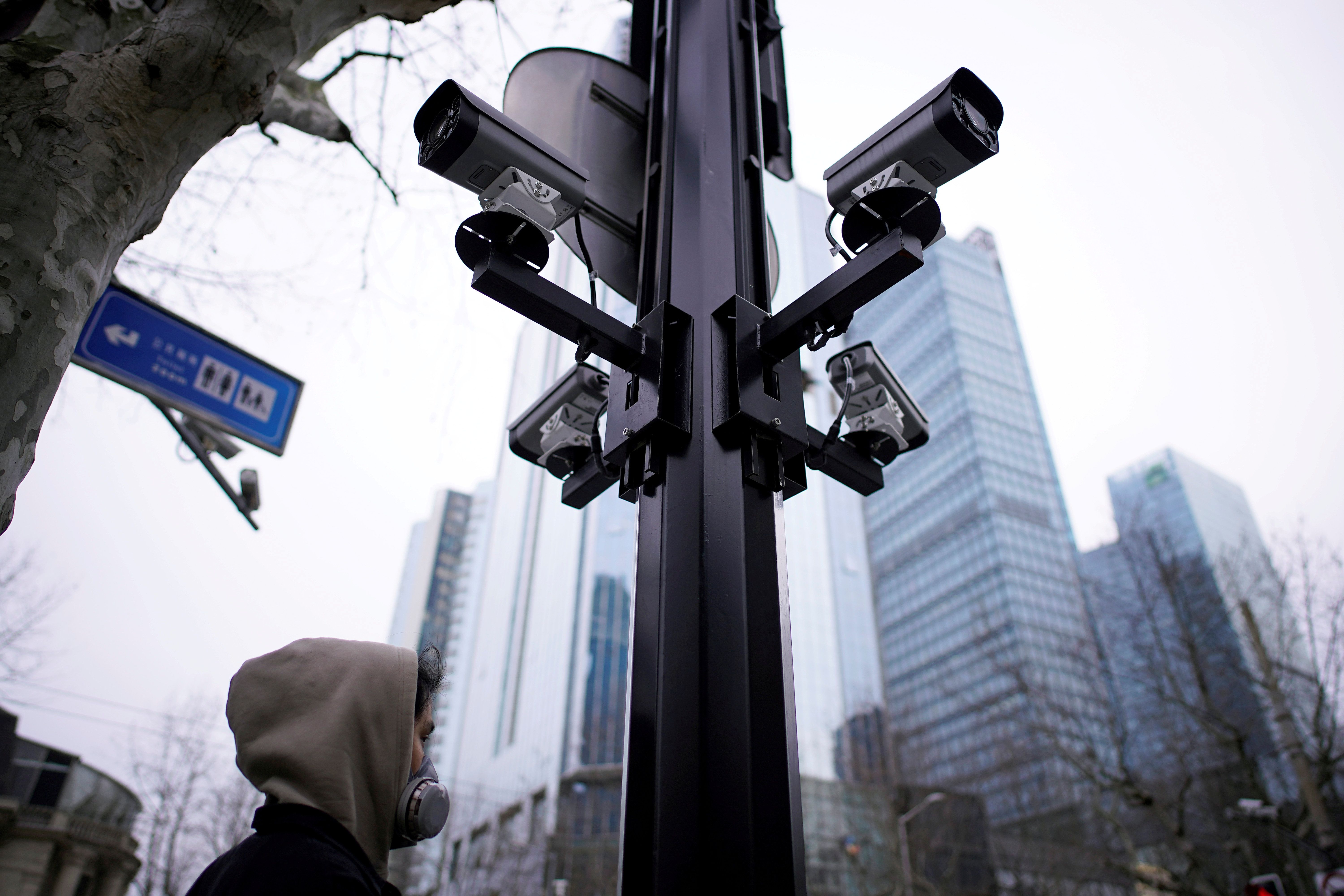March 24, 2020
As governments around the world scramble to manage the coronavirus outbreak, the location data tracked by your mobile phone has become a highly sought-after commodity. Authorities in China, Israel, Russia, the US, and even the uber-privacy-conscious European Union have either secured access to mobile phone location data that they can use to identify people at risk of infection, or they are trying to get their hands on it.
But is this really a good idea? Here are the arguments for and against:
This is an emergency, track everyone: If there were ever a time to set concerns about privacy aside, this is it. Giving public health authorities access to everyone's location data gives them a better chance of tracking down people who have been in contact with confirmed cases – and helps ensure that those who are already sick stay in quarantine. Right now, governments need all the help they can get. Give them the data. Debates about the privacy implications can wait.
China is in this camp. So are other countries in Asia, like South Korea and Taiwan, that have had better success containing the epidemic – although it's still too early to say whether access to mobile phone location data was the deciding factor.
The risks to privacy are too great. Plus, there's no guarantee this will work: Anybody expecting governments and citizens to engage in level-headed debate about the potential trade-offs between public health and personal privacy during a raging crisis is probably smoking something. Governments will be looking to grab as much power as they can and history shows that they rarely give special powers back even after crises subside. Plus, all the data in the world isn't much use without a plan to put it to work. By the time governments figure it out, the pandemic may already be too widespread for digital tools like this to make a big difference.
Of course, politics is rarely so black and white. Europe, for example, is trying to carve out a middle way – it's asking mobile phone companies to share anonymized location data to help stem the spread of the virus in a way that still adheres to the bloc's tough data protection laws, while also issuing guidance to those member states who do want to pass emergency legislation that would allow for more detailed tracking.
Who's got it right? Is there another approach here that we are missing? Let us know your thoughts here.
More For You
Most Popular
Mastercard Economic Institute's Outlook 2026 explores the forces redefining global business. Tariffs, technology, and transformation define an adaptive economy for the year ahead. Expect moderate growth amid easing inflation, evolving fiscal policies, and rapid AI adoption, driving productivity. Digital transformation for SMEs and shifts in trade and consumer behavior will shape strategies worldwide. Stay ahead with insights to help navigate complexity and seize emerging opportunities. Learn more here.
- YouTube
Gotta maximize sleigh-holder value. #PUPPETREGIME
- YouTube
While Gaza and Ukraine dominate headlines, dozens of other conflicts—from Haiti to Myanmar to the Congo—get far less global attention. International Crisis Group’s Comfort Ero joins Ian Bremmer on GZERO World.
© 2025 GZERO Media. All Rights Reserved | A Eurasia Group media company.
